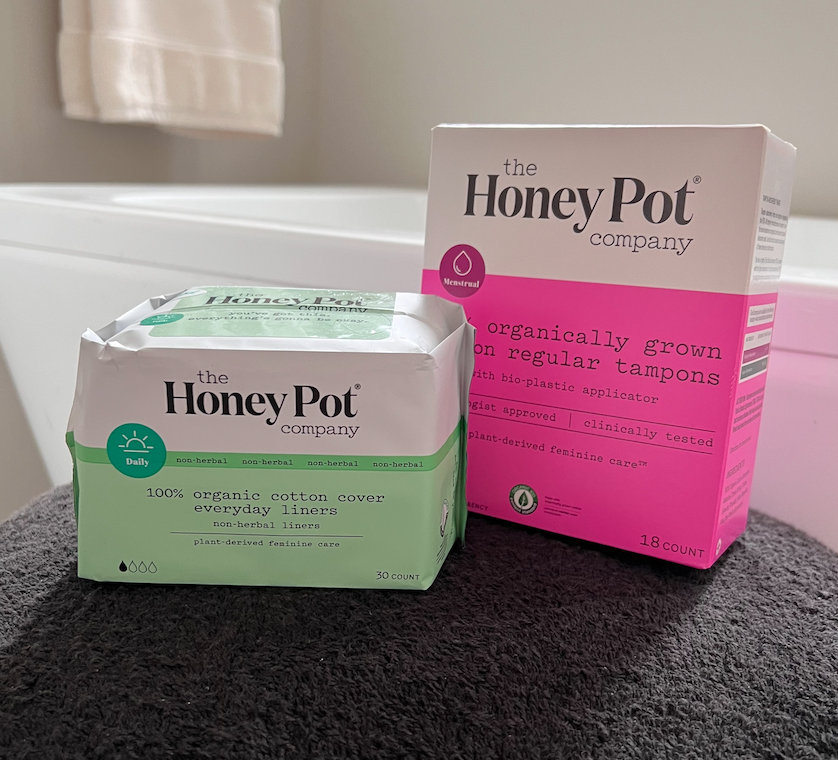I am on a mission to live a less toxic life, but it’s really difficult to do that sometimes. I read labels, and I decide what to buy based on those labels. And I rely on my original read of those labels when I continue to purchase these items. However, like the FDA, businesses also cannot be trusted. Businesses are constantly trying to cheapen their products without the consumer noticing. This is because it is about the bottom line in almost all cases. Businesses want to get you hooked on their products and figure out how to cheapen them just enough where you don’t notice so that you still buy the item.
One of my friends worked for Nestle a while ago, and she told me that Nestle literally has (or at least did have) a department in their production office solely for the purpose of testing their food products to see how they can cheapen their products slowly but surely and in such a way that the customer won’t notice any of the changes to the taste, structure, consistency or stability of such product. That way, Nestle still has a loyal customer with less cost. How sad is that? And, you know, Nestle recently bought Vital Proteins. Vital Proteins had a great collagen powder when it was first marketed to the public. I truly enjoyed it, and I used it a lot in smoothies or even just my water. However, once I learned Nestle bought them, I abandoned ship and stopped buying Vital Proteins since I know how Nestle operates.
So, you would think because I knew this about Nestle, I would do a better job checking the ingredients in the products I routinely buy since any company could do what Nestle does. However, I didn’t always do this. I didn’t, because most of the companies I buy from are supposed to be “good companies”. This means companies concerned with the public health and wanting to be nontoxic, organic and the like. These companies aren’t like Nestle, so I didn’t think they would be doing what Nestle does. However, I was wrong.
For example, I had been buying L organic tampons for literally years. I even have an old container from them, and I would just refill the container as needed. The label on the old container said the following: “organic cotton tampons” with 100% organic cotton as the sole ingredient.


This is not the case now, but L tampons still market themselves as being 100% organic, and that is simply not true. Now, the label on the new container says something incredibly different. It says: “contains 100% organic cotton core tampons”, and now the ingredients’ list contains polyester, paraffins, and titanium dioxide. Those are definitely not organic ingredients. Titanium dioxide, specifically, is concerning. It is used to make items white, which who cares about if the tampon is white. If you are seeking organic tampons, I doubt you care about them being white. I digress though. Titanium dioxide can also cause reproductive issues, such as excessive bleeding, ovarian cysts and in rare cases, cancer. It is considered possibly carcinogenic—especially when inhaled. Can you believe that? Europe has also banned titanium dioxide in food and considers it unfit for consumption. So, we shouldn’t be inserting them into our bodies then. When I realized all od this, I immediately returned the last L tampons I had bought to Target and moved on to Honey Pot tampons, which, for now, are actually 100% organic through and through.


All of this taught me a very valuable lesson. Trust but verify. You unfortunately cannot rest on your laurels and trust a company just because they portray themselves as being a benefit corporation concerned with the public health and wanting to product a product that is safe, nontoxic and the best for you or were good at the outset. Those goals do not always stay the same when money and the bottom line are involved. So, no matter how frequently you buy a product, you need to check all of the ingredients every time you buy that product. Things sadly change in a blink of an eye. I hope this doesn’t happen to you all, but hopefully, now you will catch it before you consumer a downgraded lesser product. And, if it makes you feel better, L tampons now faces a class action lawsuit for their misdeeds.
Here’s to being well preserved.
Always,
Taylor




